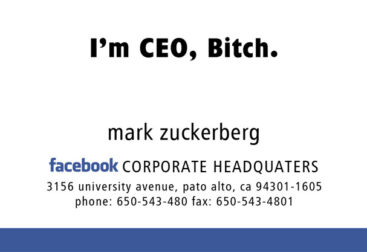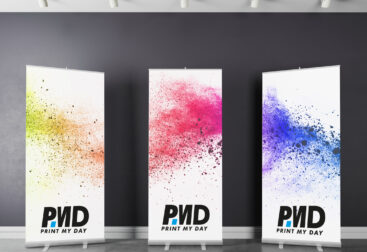Most of the things we think about each other when we first meet come from… not thinking.
Personal branding, i.e. creating a personal brand, in Poland is usually associated only with political life and marketing strategies. However, this approach should change if we take into account a broader perspective and treat the creation of one’s own brand as a phenomenon that has accompanied humanity since the beginning of our lives. The Greek sophists were already concerned with the art of persuasion and the influence of non-verbal factors on the power of the message. They used techniques that tapped into our primal instincts.
First impressions are not a myth
We can observe this in most social situations when we meet people we have never known before. Before we can hand over our business card and say our first words, our interlocutor already takes into account such physical aspects as gender, age or skin color. On this basis, they can attribute to us stereotypical features recorded in the collective social memory. Interestingly, this happens even when their conscious, personal beliefs are different from those perpetuated by the stereotype.
We have ours, the brain has ours
The explanation for this phenomenon can be found in our „laziness”. The human brain cannot consciously process all the information that comes to it. That’s why he chooses a shortcut when he encounters something new for him. This is deeply rooted in our primal instinct. Stereotypes are usually clearly bad or clearly good. This helped in the art of survival when a new stimulus was quickly interpreted as a potential threat from which our ancestor could escape or prepare to fight. Thanks to this, in the flood of external impulses, it was possible to make a quick decision that could be life-threatening.
In modern conditions, we are usually not forced to use such extreme measures, but the mechanism itself has been reduced to a more subtle form. It is this unconscious simplification that causes us to expect specific behaviors from people performing certain professions. For example, a firefighter is supposed to be brave, a librarian is supposed to be calm (the very assumption of what gender these people are results from stereotypical social assumptions). Failure to adapt to this pattern forces our brain to work hard because it violates the paths trodden by tradition. Often false axioms need to be reconfigured.
Practical unconsciousness
People who know techniques that allow them to influence our unconscious mind often put their knowledge into practice. Hence, we can observe politicians who repeatedly repeat learned, familiar gestures. However, all you need to do is put in a little effort and reflection to stop believing anyone who makes a pyramid out of their hands or speaks the only right and truest truth with a confident voice.
It also works the other way round. Armed with such knowledge, we can use it to make a positive impression on our future employers, colleagues or clients. A smile, a positive attitude and a good-impressive business card handed out during the first meeting can bear fruit for a long time.
We will talk about how we can create our personal brand in a broader perspective in subsequent entries.
Grzegorz Stachura







